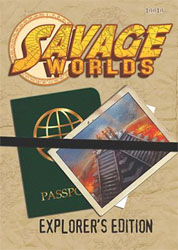 Savage Worlds uses playing cards for initiative: Each round, everybody is dealt a playing card and the rank of the cards determines the order in which characters take their actions. The system has the advantage of being quick, intuitive, and transparent. (It’s very easy to glance around the table and immediately see when people will be taking their actions.)
Savage Worlds uses playing cards for initiative: Each round, everybody is dealt a playing card and the rank of the cards determines the order in which characters take their actions. The system has the advantage of being quick, intuitive, and transparent. (It’s very easy to glance around the table and immediately see when people will be taking their actions.)
Here’s a variant of the same idea designed for D20 or D20-like systems.
PLAYING CARD INITIATIVE
THE DEAL: Each round, deal each PC and each group of NPCs a playing card. Characters with an initiative bonus are dealt extra cards equal to their bonus and get to keep the best card dealt to them. Characters with an initiative penalty are dealt extra cards equal to their penalty and must keep the worst card dealt to them.
(For example, Peter the Brave has a+2 initiative bonus. He is dealt three cards — the single card that everyone receives automatically, plus two bonus cards from his initiative: A ten, a nine, and a jack. He keeps the jack.
Brazz the Slow, on the other hand, has a -1 initiative penalty. He’s dealt two cards: An eight and a six. He must take the six.)
THE COUNTDOWN: Once the cards are dealt, the GM simply counts down from Ace to Deuce with characters taking their turns when their card comes up. In the case of a tie, actions can be resolved simultaneously. If the tie must be broken, resolve by suit order in reverse alphabetical order: Spades, then Hearts, then Diamonds, and then Clubs.
JOKERS: Jokers are wild. When you’re dealt a joker you can keep it even if you have an initiative penalty. A joker allows you to go whenever you want in a round, even if it means interrupting another character’s action with your full turn! In addition, you gain a +2 bonus to all checks and damage rolls for the round.
SHUFFLING: Reshuffle the deck after any round in which a Joker was dealt.
VARIANTS
TRADITIONAL VARIANT: Instead of drawing each round, you can simply draw once for the full combat. When characters take a readied or delayed action that changes their initiative, it’s recommended that players fish out a card of the correct value.
UTILITY VARIANT: Designate one of the players as the dealer. The GM can just tell them how many cards he needs and let them handle the actual dealing of the cards. Alternatively, if you’re all right handling simultaneous action resolution, there’s no reason the GM and players couldn’t have separate decks.
POKER VARIANT: For completely dissociated wackiness, let the players form poker hands by taking collective actions with various bonuses depending on the hand formed. Many poker hands, of course, would require some of the players to delay their actions for the round. (For example, two players with a pair attacking the same target could each deal double damage. What might a royal flush be worth?)

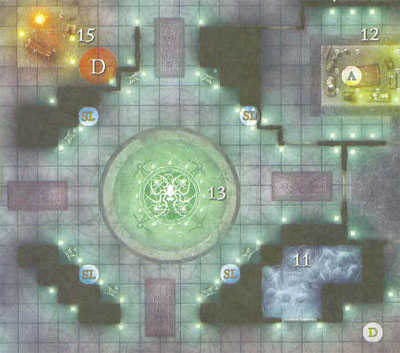

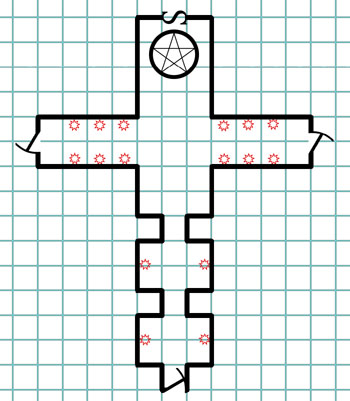
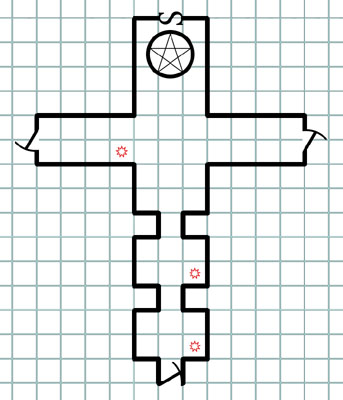
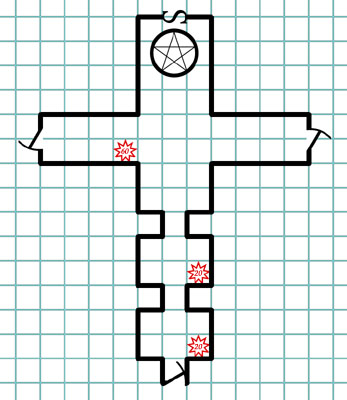

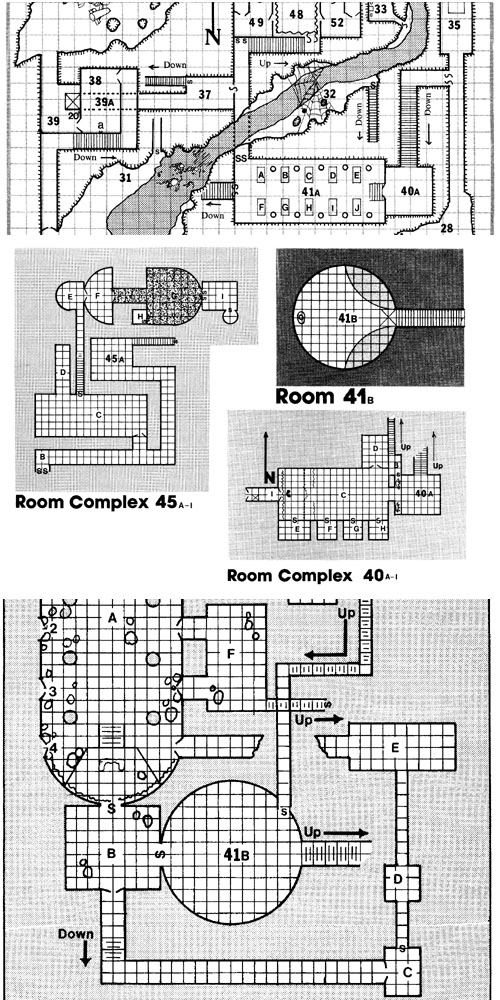


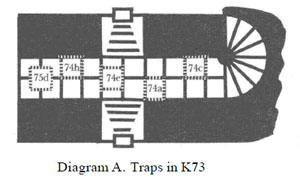
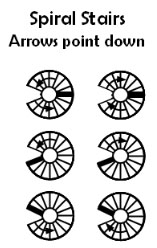

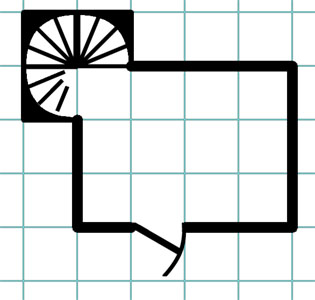

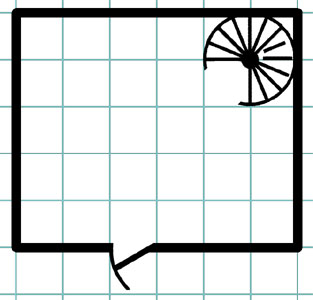
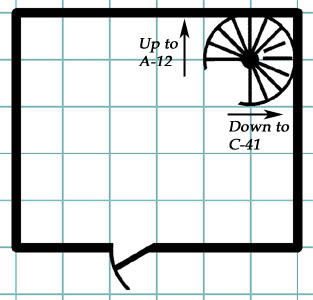
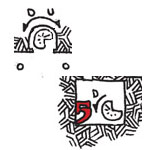
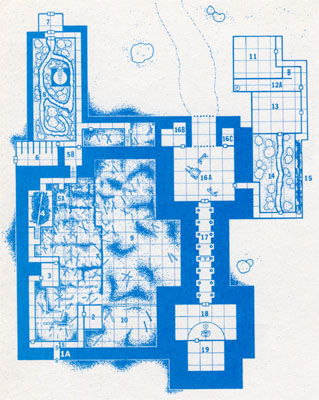
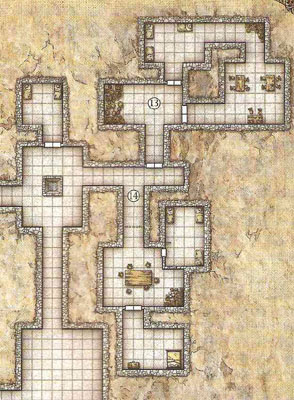
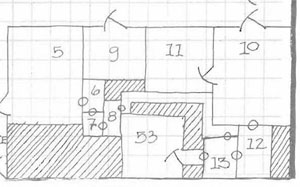




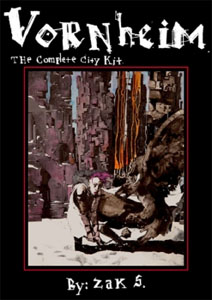 More “
More “









